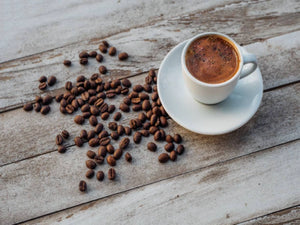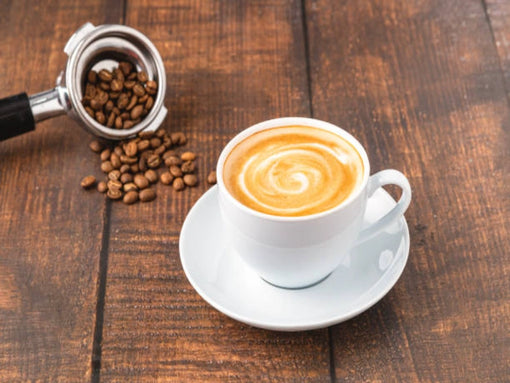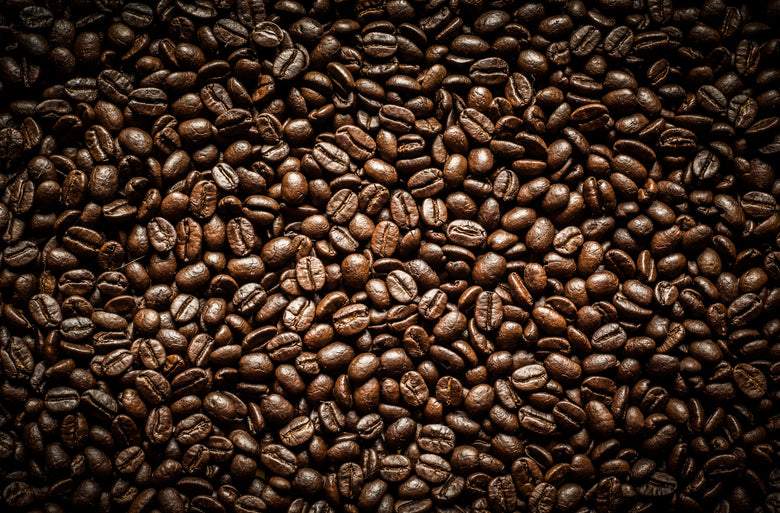Nothing ruins your day faster than stale, boring coffee.
Your morning cup of coffee should be overflowing with flavor that kickstarts your day and motivates you to conquer your to-do list.
The kind of flavor you can only find in freshly-roasted specialty coffee.
But, if your coffee tastes downright dull, you might start to question if your coffee beans went bad.
Today, you’ll learn how to combat boring coffee by:
- Discovering why oxygen can be coffee’s worst enemy
- Understanding how to taste the difference between fresh and stale coffee
- Seeing how to properly store coffee beans at home
With our advice in mind, you’ll kick stale coffee to the curb.
Do Coffee Beans Really Go Bad?
Everyone is always curious if coffee beans can go bad. After all, coffee is an agricultural product by nature and no one wants to drink a spoiled beverage.
We’ll debunk the myth once and for all:
Coffee beans do not spoil or go bad.
You can drink coffee beans that were roasted over a year ago and be perfectly fine.
Will it taste spoiled or rotten? Not at all. Instead, it’ll be super bland and boring. (Think old diner or gas station coffee brewed several hours ago…)
This then bears the question: “If coffee doesn’t go bad, why does the flavor change?”
Coffee becomes bland and stale-tasting due to oxidation.
Coffee is full of solubles—oils, acids, and other natural compounds—that are responsible for its flavor. When coffee beans come in contact with oxygen, these solubles start to oxidize. This process slowly releases the robust aromas and flavors from the beans as the oils begin to degrade.
This is why coffee tastes the best approximately 1-2 weeks after roasting.
Unfortunately, oxidation isn’t the only thing that causes coffee beans to go stale. You might be aiding in the process by:
Read: Why Fresh Coffee is the Best Coffee
How Long Do Coffee Beans Last?
An unopened bag of coffee beans can last up to 3 years after the roast date.
However, don’t expect those delicious flavors to still be perfectly intact.
The minute you open a bag of whole bean coffee, it must be stored properly right away. Otherwise, you’re rapidly exposing the beans to oxygen and kickstarting the oxidation process!
Keep reading to learn the right way to store coffee beans at home.
The Easiest Way to Tell If Your Coffee is Stale: Use Your Senses
You don’t need us to tell you if your coffee is stale. You’ll know.
Freshly-roasted specialty coffee can taste like:
- Crisp citrus
- Sweet caramel
- Decadent brown sugar
- Juicy berries
- Delicate floral fragrances
- Luscious milk chocolate
- Comforting cinnamon
And everything in between.
Fresh coffee should surprise and delight you with delicious flavors, intoxicating aromas, and pleasant acidities that make your day brighter with each sip.
If you can’t pinpoint a single flavor in your coffee or you taste a whole lot of nothing, it’s stale.
Your sense of smell and taste will tell you everything you need to know about a coffee. Open the bag and breathe in deeply. The sweet, rich aromas should fill your lungs and put a smile on your face.
If it doesn’t, the coffee is old.
Or, if your coffee smells and tastes musty, bready, or even like cardboard, it’s way past its prime.
Although your coffee won’t “go bad” and taste spoiled, who wants to drink old, stale, and bland coffee every day? No one!
The Best Way to Preserve Coffee Freshness & Flavors
If you actively work to preserve the freshness and flavors of your coffee, you’ll never have to worry that your beans went stale.
It all starts with buying specialty-grade whole bean coffee and storing it correctly at home.
Always store your whole bean coffee in an airtight container located in a dark space such as a pantry closet or drawer.
Blocking sunlight and exposure to oxygen helps to retain the luscious and rich flavors you want from your coffee.
Of course, not everyone has access to airtight containers, a vacuum sealer, or ample pantry space. Instead, use these quick tips to always keep your coffee fresh!
Can I Store My Coffee in the Freezer?
Yes and no…
Storing coffee in the freezer is a heated debate in the coffee industry.
To properly store your coffee in the freezer and preserve flavors, you’ll need a vacuum sealer and/or several airtight containers. We’ll show you how to freeze your coffee correctly.
If you don’t have the supplies available, putting a full bag of coffee beans in the freezer can cause the natural flavors to degrade due to increased moisture and frequent exposure to oxygen.
Bottom Line: Storing coffee beans in the freezer may cause more harm than good.
Never Settle for Dull-Tasting Coffee
The secret to drinking delicious, fresh coffee every day is simple. All you need to do is remember these three steps:
- Buy freshly-roasted, whole bean coffee
- Grind right before brewing
- Store coffee properly at home.
And, we can help you with the first two.
When you try JavaPresse coffee today, we’ll send you our #1-rated manual coffee grinder 100% FREE.
We ship our coffee just two hours after roasting so you can be confident you’re drinking the freshest coffee around. And, with our manual grinder on hand, you can grind right before you brew for a flavorful cup of coffee every morning.
👉 Get your freshly-roasted JavaPresse coffee and free grinder now!



